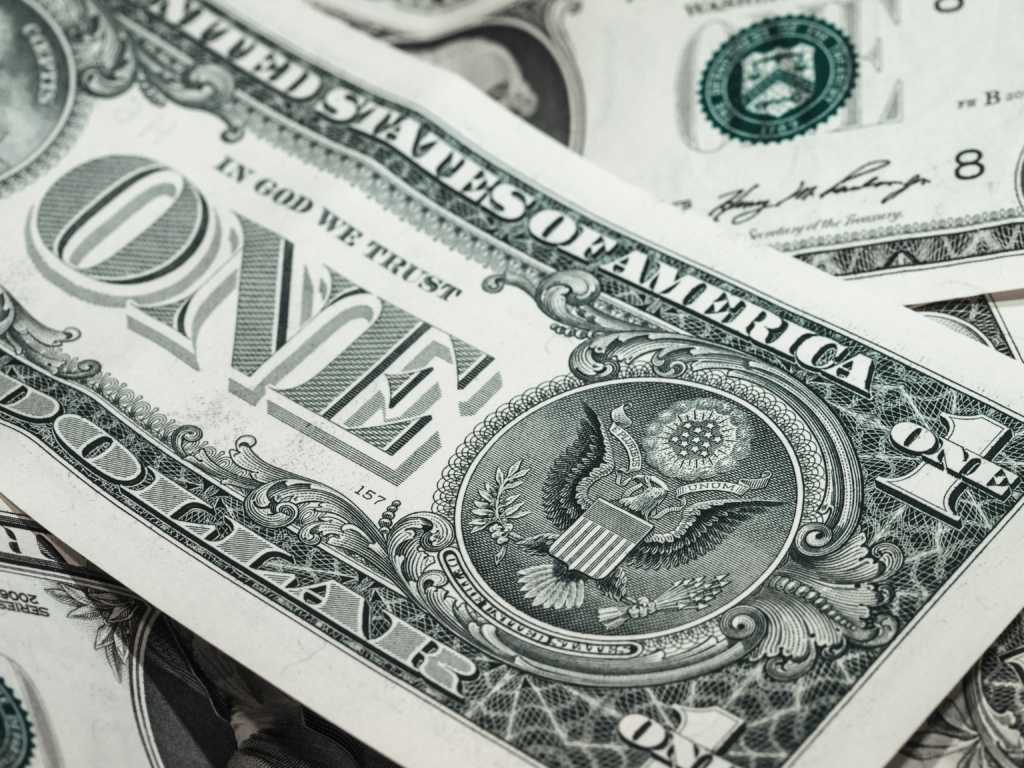The 7th U.S. Circuit Court of Appeals in Chicago has ruled against a Satanist who claimed that the “In God We Trust” motto emblazoned across U.S. currency forced him to spread the message of Christianity. Kenneth Mayle said that he could not switch to using credit cards as they were too “high risk.”
Gay Activist Defends Christian Bakers in Landmark Religious Freedom Case
Despite Mayle’s efforts to float numerous claims, such as a violation of his First Amendment rights and the Religious Freedom Restoration Act (RFRA), Chief Judge Diane Wood said the motto “is one of many historical reminders” that a reasonable observer would not perceive “as a religious endorsement.”
Mayle, who has said he may appeal the ruling, claimed the inscription was “an attack” on the rights of non-monotheistic believers, according to The Christian Institute.
In her clear-cut ruling, Judge Wood wrote that the “national motto” is “neither unconstitutional nor a violation of RFRA.”
“We do so not because we think that the phrase ‘In God We Trust’ is absolutely devoid of religious significance, but instead because the religious content that it carries does not go beyond statutory or constitutional boundaries,” she wrote.
This is not the first time that the national motto has come under attack from those who are seeking to eradicate every element of religion from modern American society. In 2013, the Freedom From Religion Foundation was also defeated in its case to remove “In God We Trust” from currency. The text, taken from Psalm 56:11, was first introduced onto the currency in 1864, when Abraham Lincoln was president.
A lower court had previously tossed the suit, citing a previous decision that a motto on currency isn’t something people display prominently and therefore that people are not being forced to publicly advertise views that clash with their own.
Aronow v. United States (1970) was the first case to challenge the use of the motto on American currency.
The District Court ruled:
“It is quite obvious that the national motto and the slogan on coinage and currency ‘In God We Trust’ has nothing whatsoever to do with the establishment of religion. Its use is of patriotic or ceremonial character and bears no true resemblance to a governmental sponsorship of a religious exercise. … It is not easy to discern any religious significance attendant the payment of a bill with coin or currency on which has been imprinted ‘In God We Trust’ or the study of a government publication or document bearing that slogan.
In fact, such secular uses of the motto was viewed as sacrilegious and irreverent by President Theodore Roosevelt. Yet Congress has directed such uses. While ‘ceremonial’ and ‘patriotic’ may not be particularly apt words to describe the category of the national motto, it is excluded from First Amendment significance because the motto has no theological or ritualistic impact. As stated by the Congressional report, it has ‘spiritual and psychological value’ and ‘inspirational quality.”
The Supreme Court declined to hear an appeal of the landmark 1970 case.
(H/T: The Chrisitan Institute)



